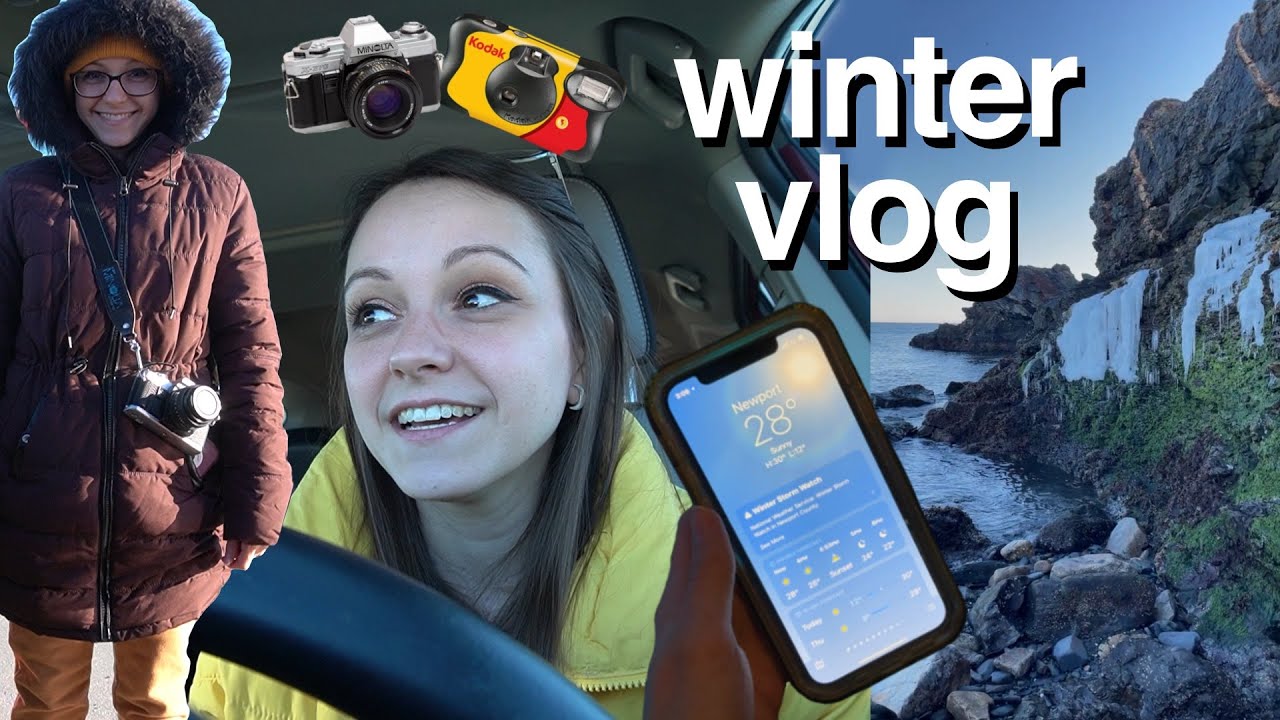Introduction to Winters in Rhode Island
Winters in Rhode Island are characterized by cold temperatures, snowfall, and occasional winter storms. The state, located in the New England region of the United States, experiences a distinct winter season from December to February. The unique combination of its climate and geographic location makes winters in Rhode Island quite diverse and interesting.
Climate Overview of Rhode Island
Rhode Island has a humid continental climate, with warm summers and cold winters. However, being a coastal state, it also experiences the moderating effects of the Atlantic Ocean. This means that winters in Rhode Island can be influenced by both continental and oceanic air masses, leading to a wide range of weather conditions during the winter months.
Average Temperature in Rhode Island during Winter
The average temperature in Rhode Island during winter ranges from around 30°F (-1°C) to 40°F (4°C). However, temperatures can often drop below freezing, especially during the coldest months of January and February. Wind chill can further lower the perceived temperature, making winters feel even colder than the actual readings.
Precipitation Patterns in Rhode Island Winters
Rhode Island experiences a moderate amount of precipitation during the winter months. Rainfall is fairly common, but it is not unusual to see a mix of rain, sleet, and freezing rain as temperatures fluctuate. The amount of precipitation tends to increase towards the latter part of winter, with February being the wettest month.
Snowfall Characteristics in Rhode Island
Snowfall is a significant feature of winters in Rhode Island. On average, the state receives around 30 to 40 inches of snow each winter. However, the amount can vary greatly from year to year. Snowstorms, known as nor’easters, are common in Rhode Island and can bring heavy snowfall and strong winds that create blizzard conditions.
Duration of Winter Season in Rhode Island
The winter season in Rhode Island typically lasts from December to February, with occasional snowfall extending into March. However, it’s worth noting that cold temperatures and frost can be experienced as early as November and as late as April. The duration of winter can vary, with some years having longer or shorter periods of cold weather.
Impact of Oceanic Influence on Rhode Island Winters
The proximity of Rhode Island to the Atlantic Ocean significantly influences its winter weather. The ocean helps to moderate the temperatures, preventing extreme cold and reducing temperature fluctuations. However, it also adds moisture to the air, leading to increased chances of precipitation and snowfall.
Winter Storms and Nor’easters in Rhode Island
Rhode Island is no stranger to winter storms, particularly nor’easters. These powerful storms bring significant snowfall, strong winds, and coastal flooding. Nor’easters form when cold polar air clashes with warm, moist air from the Atlantic Ocean, creating an ideal setup for intense winter weather. They can cause travel disruptions and power outages, making them a major concern during winters in Rhode Island.
Effect of Winter on Wildlife in Rhode Island
The winter season in Rhode Island has a profound impact on wildlife. Many bird species migrate south to warmer regions, while others, such as snowy owls, venture south from the Arctic to spend the winter in Rhode Island. Marine life also experiences changes during the winter months, with some fish species migrating or seeking deeper waters to escape the colder temperatures.
Winter Activities and Recreation in Rhode Island
Despite the cold weather, winters in Rhode Island offer a wide range of activities and recreational opportunities. Outdoor enthusiasts can enjoy activities like skiing, snowboarding, and ice skating at various resorts and outdoor rinks. There are also opportunities for snowshoeing, sledding, and winter hiking in Rhode Island’s scenic parks and trails.
Winter Safety Precautions in Rhode Island
During winters in Rhode Island, it is essential to take safety precautions to protect against the cold temperatures and potential hazards. Dressing in layers, including a warm coat, hat, gloves, and boots, is vital to prevent hypothermia and frostbite. It is also important to stay updated on weather forecasts, as winter storms can be dangerous. Preparing an emergency kit and having a plan in case of power outages is highly recommended.
Famous Winter Events in Rhode Island
Rhode Island hosts several famous winter events that attract visitors from near and far. One such event is the Newport Winter Festival, a week-long celebration featuring live music, food, and various winter-themed activities. Another notable event is WaterFire, a unique winter installation that combines bonfires and art installations along the Providence River. These events showcase the vibrant winter culture and spirit of Rhode Island, making winters in the state even more enjoyable for residents and visitors alike.





